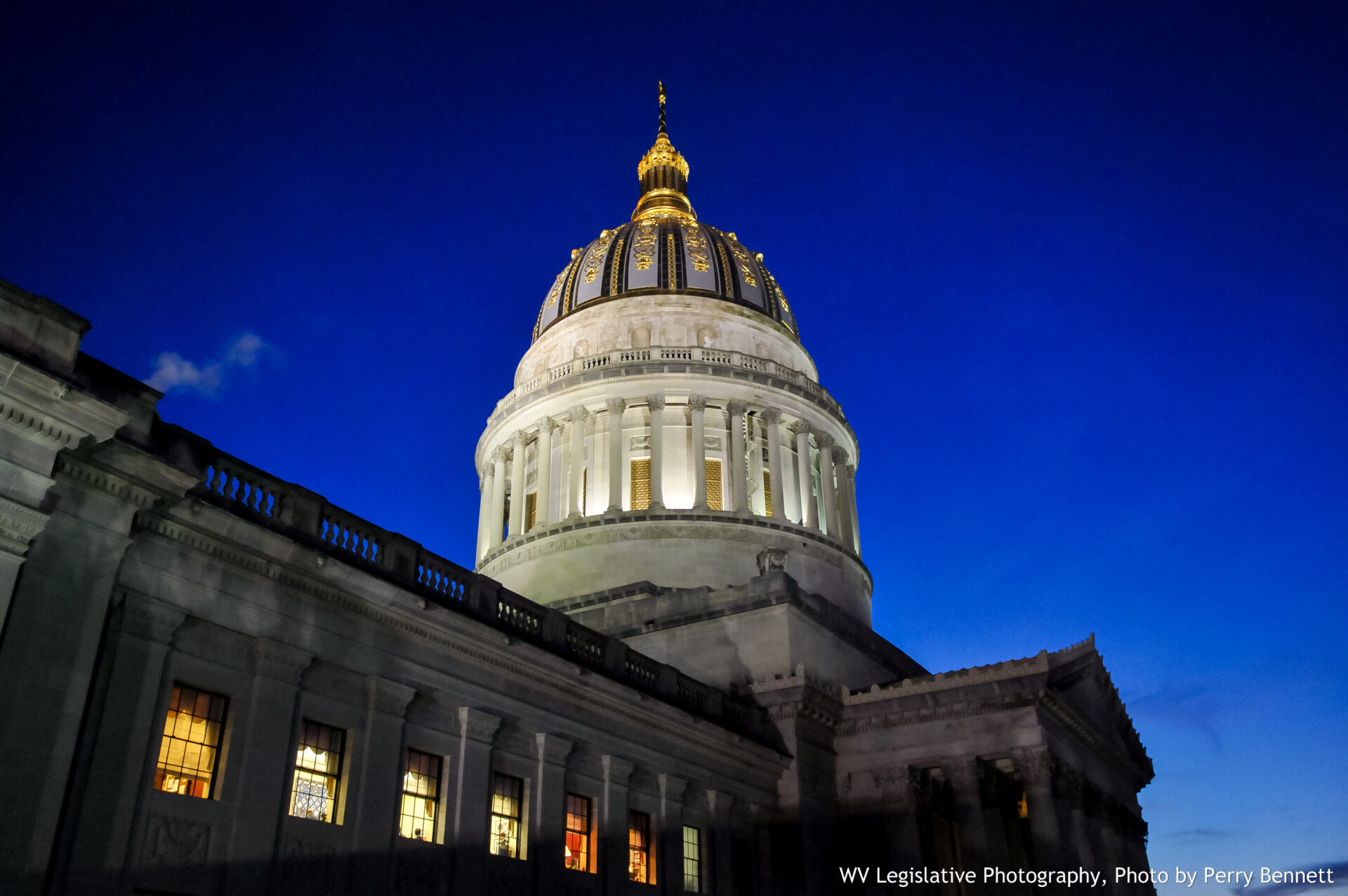Much of the debate in the House of Delegates Tuesday morning focused on satisfying a potential $465 million federal clawback regarding the state’s spending on education. When it came to the budget debate, some promised program funding that was not education related, fell by the wayside.
Much of the debate in the House of Delegates Tuesday morning focused on satisfying a potential $465 million federal “clawback” regarding the state’s spending on education. When it came to the budget debate, some promised program funding that was not education related fell by the wayside.
House Finance Committee Chairman Vernon Criss, R-Wood, wanted to make the reason behind passing Senate Bill 701 perfectly clear. The bill Supplements and amends appropriations to the Department of Education, School Construction Fund.
The bill appropriates $150 million to the School Building Authority, satisfying all the reconstruction requests made by state school districts.
Criss said the allocation intentionally goes toward satisfying the executive branch goal of showing in-kind state education funding to waive a potential $465 million-dollar federal clawback. The issue came up last week over concerns that the state did not spend enough money on education to match federal covid money.
“There are HVAC projects,” Criss said. “There were actually maybe two or three actual new schools involved in the projects, some roof projects, but cumulative, it was $150 million. And that these dollars will help, from what the governor’s office explained, would help towards the negotiations with the federal Department of Education”
The bill passed 94-2 and now goes to the governor.
Debate on the House Budget Bill 4025 began with a series of amendments proposed by Democrats.
Del. Larry Rowe, D-Kanawha, asked that the governor’s request for a $50 million agriculture lab at West Virginia State University be funded from budget back-end surplus money.
“This is needed. This will benefit us,” Rowe said. “I just can’t tell you how much it will lift West Virginia State into a new level of research and delivery of agricultural services throughout southern West Virginia.”
Del. Kayla Young, D-Kanawha, proposed an amendment to allocate $44 million from surplus budget funds for child care programs. The same programs were championed early on by Republican leadership and promised by Gov. Jim Justice.
“Last week, the federal government mandated that we do enrollment versus attendance to pay for child care,” Young said. “There is funding proposed with the federal government, but we all know they’re not so fast to do anything. And our child care centers are in desperate need of this money to keep maintaining, having all their services and keeping all the slots open.”
Concerned over balancing monies being poured into education, House Finance Committee Co-Chair Del. John Hardy, R-Berkeley, urged and got a voice vote rejection for every Democrat proposed amendment.
“I think that we’re very, very early in this process of the federal government coming out in front of this,” Hardy said. “Not being a priority of this legislature right now to be putting money being spent in the back of the budget as surplus revenue.”
With program funding concerns mounting and talk of a May Special Legislative Session to finalize a budget, Del. Daniel Linville, R-Cabell, questioned a possibly wasted effort.
“So all these amendments are fashioned to House Bill 4025. Is that right?” Linville asked Hardy. “Yes,” Hardy said. “And yet the vehicle that’s going to be the budget is Senate Bill 200, is that right?” Linville said. “So everything that we’re doing here does not matter in the least does it?”
The House postponed any more debate on HB 4025 for one day, but they were far from done.
After a fire drill, the House returned to session and took up the Senate’s budget bill that Linville referred to. Criss walked through every major department in the budget and indicated where the Senate budget was different from the governor’s proposed budget. After a 45-minute discussion on Senate Bill 200, it passed by a 74 to 16 vote.
The two chambers will have to come together in a budget conference committee to work out differences between the two bills.
